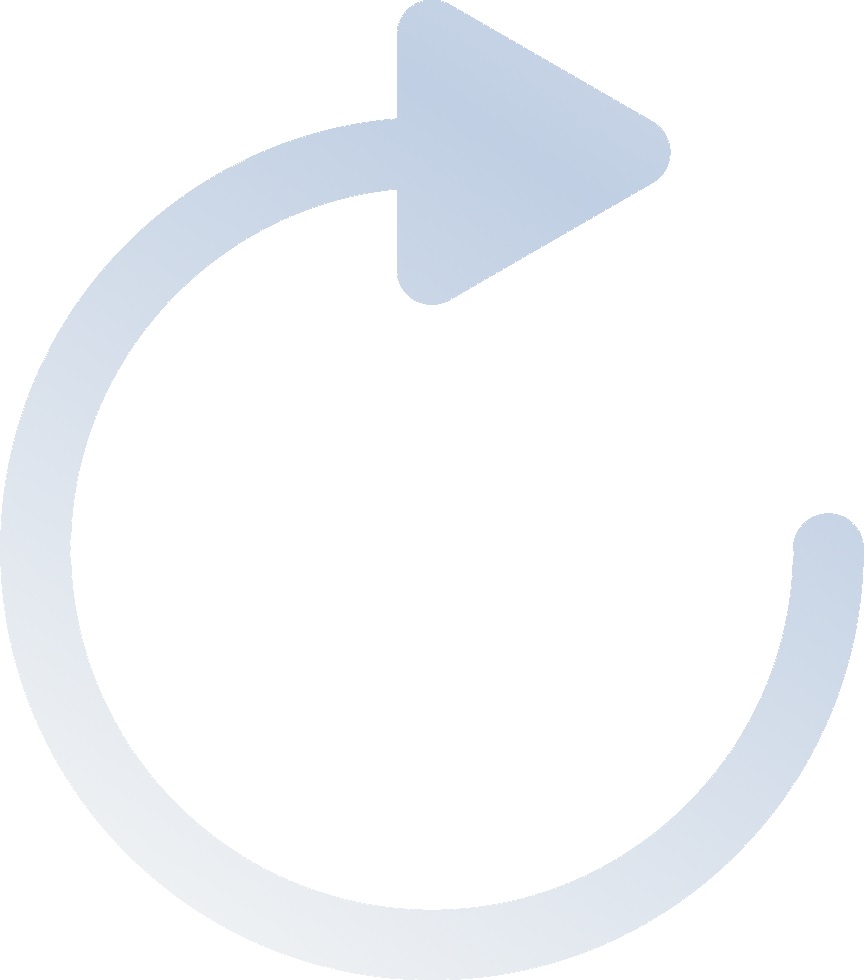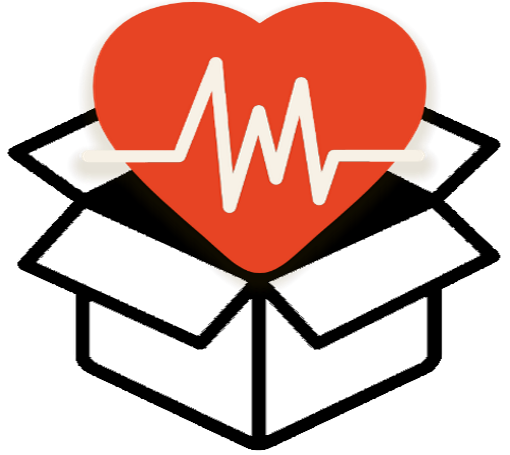SYN
COPE
2018 ESC Guidelines for the diagnosis and management of syncope
Specific Therapy for Cardiac Syncope
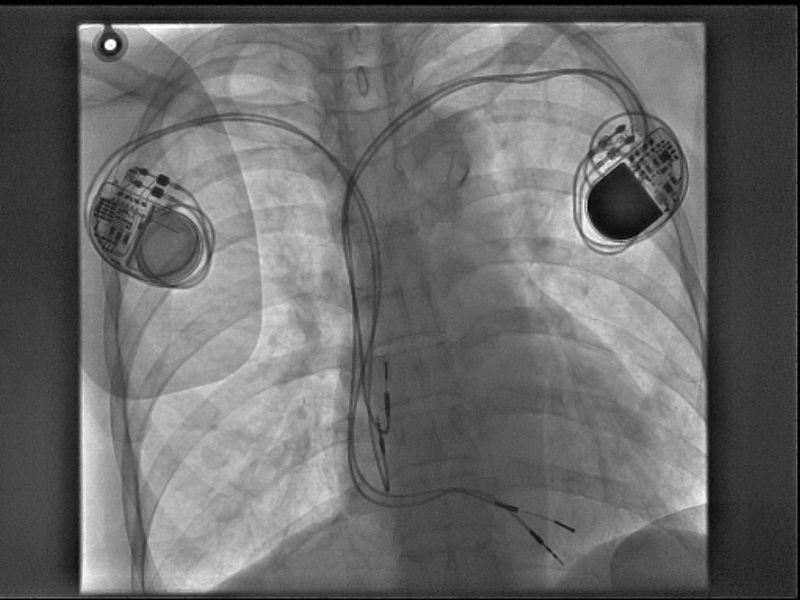 |
PACEMAKER for syncope with...
|
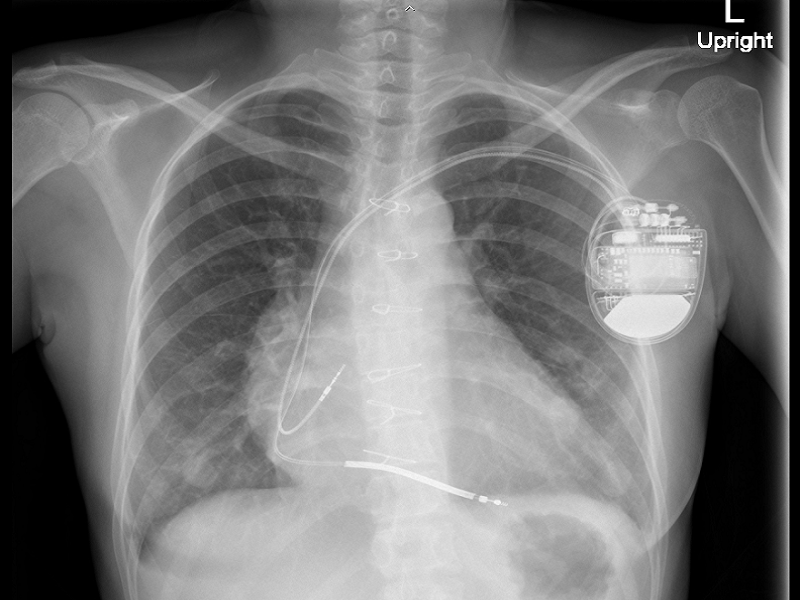 |
ICD for syncope with...
|
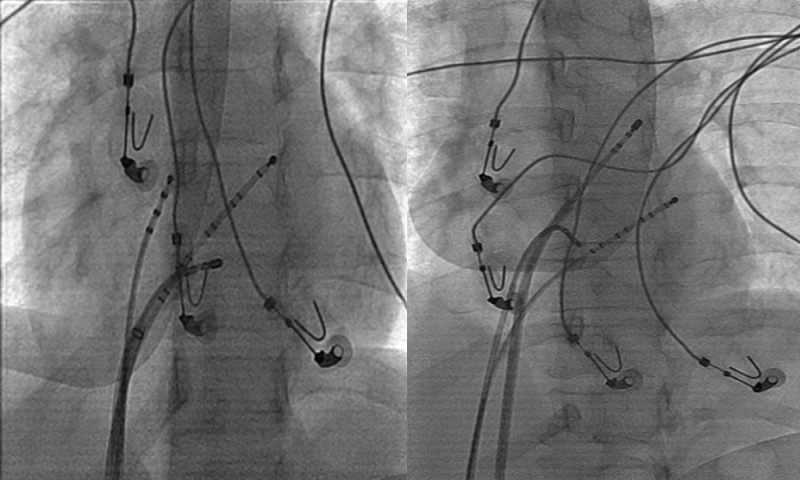 |
Catheter ablation for syncope due to SVT or VT (I) |
